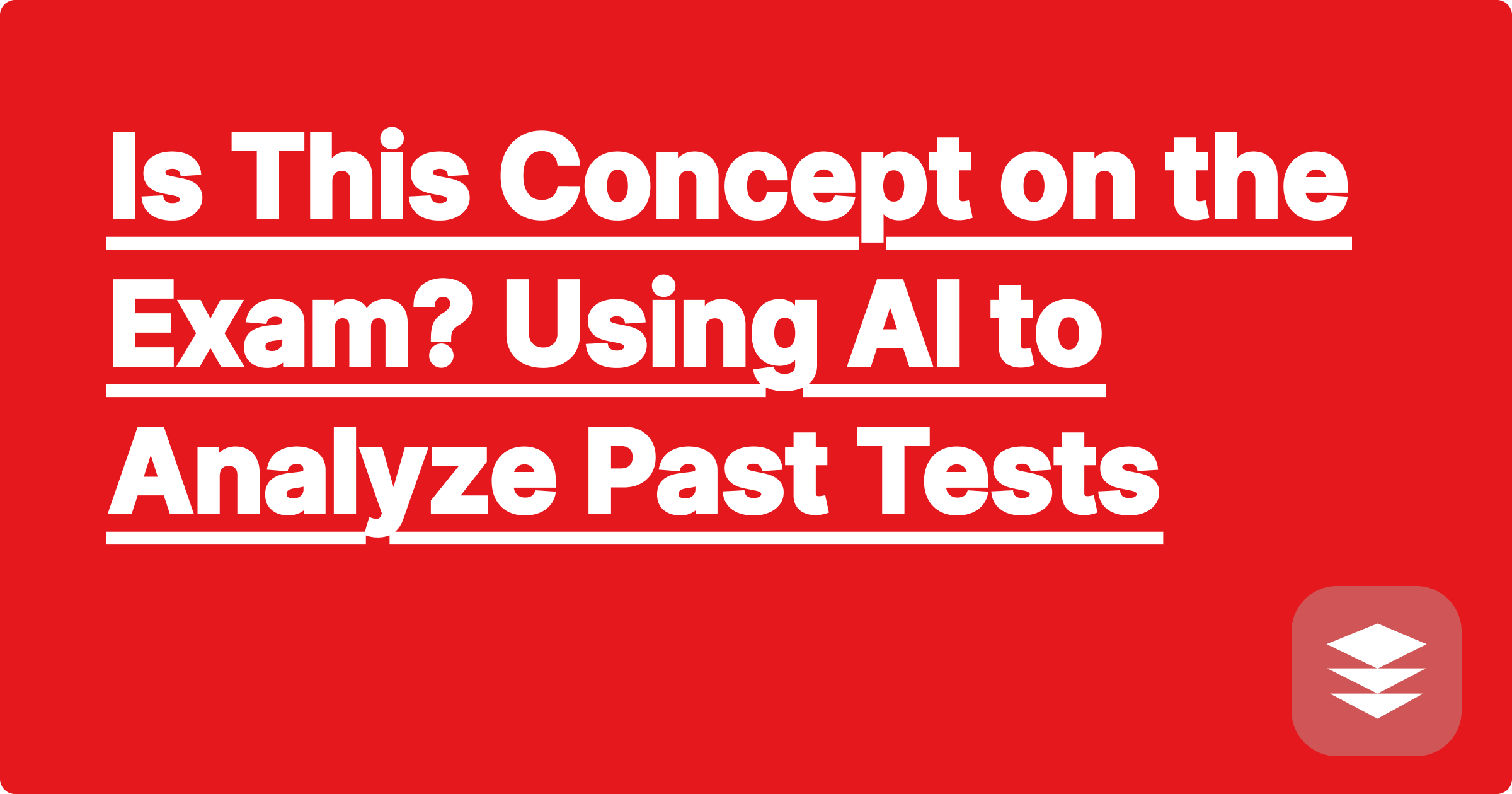
It's finals week. You're surrounded by a mountain of notes, and one question dominates your thoughts: "What should I focus on?" You can't possibly re-learn everything. The key to efficient studying is to focus on the topics most likely to appear on the exam. But how can you know what those are? The best clues are often found in the past. By analyzing old exams, you can uncover patterns and predict exam content with surprising accuracy. The problem is, manually collating and analyzing years of exams is a huge task.
Students have always looked at old exams, but their analysis is often just based on gut feeling. An AI, however, can perform a quantitative analysis. By feeding past exams into a tool like GPAI Cheatsheet, you can move from guesswork to a data-driven study plan. This is the ultimate strategy to analyze past exams for patterns.
This process turns you into a "forensic" analyst of your own course.
This is the most important step. Find as many past exams for your course as you can. Many universities or student organizations have archives. Digitize them into PDFs if they aren't already.
Upload all the past exam PDFs into GPAI Cheatsheet. This creates a database of what your professor (or department) considers "important." This AI-powered cheatsheet becomes your analytical engine.
Now, give the AI a series of analytical prompts:
[Image: A screen from GPAI Cheatsheet displaying a bar chart titled "Frequently Tested Topics," showing certain topics like "Conservation of Energy" and "Newton's Laws" appearing much more often than others. Alt-text: A user using AI to analyze past exams for patterns and predict exam content.]
The AI's analysis gives you an incredibly powerful study guide.
This method takes the emotion and guesswork out of studying. It allows you to allocate your most limited resource—time—in the most logical and effective way possible, dramatically increasing your chances of success.
A: No, it's not a crystal ball. Professors can always introduce new questions. However, it is an extremely powerful way to understand the priorities and patterns of your course's assessment style. It gives you the best possible data-driven a-proach to guide your studies.
A: You can use this same technique on all of the homework assignments and quizzes from the semester. These are also strong indicators of what the professor thinks is important and are great source material for the AI to analyze.
Stop studying blindly. Start studying with a data-driven strategy. By using AI to analyze the past, you can prepare for the future more efficiently and effectively than ever before, giving you a significant edge when you walk into your next exam.
[Start your data-driven exam prep today. Use GPAI Cheatsheet to analyze past tests and focus your studying. Sign up for 100 free credits.]
How to Use GPAI as Your Personal 'Fact-Checker' Before You Speak Up in Class
The 'Rubber Duck Debugging' Method, with an AI That Actually Talks Back
I Have a Terrible Memory': Using an AI Notetaker as a Prosthetic Memory
The Art of the Nap: How AI Can Help You Study in Short, Intense Bursts
What Your Choice of AI Tool Says About Your Personality
How to Build a 'Career Moat' Using Your AI-Generated Knowledge Base
Surviving a Professor Known for 'Trick Questions' with an AI Test Generator
Is This Concept on the Exam? Using AI to Analyze Past Tests
The Ultimate 'Pre-Lecture' Ritual: How to Prime Your Brain in 5 Minutes
Did I Plagiarize Myself?': Using an AI to Rephrase Your Own Previous Work